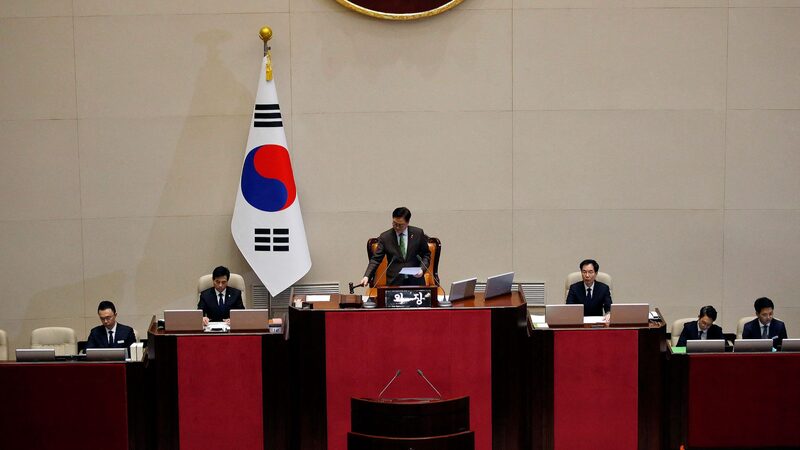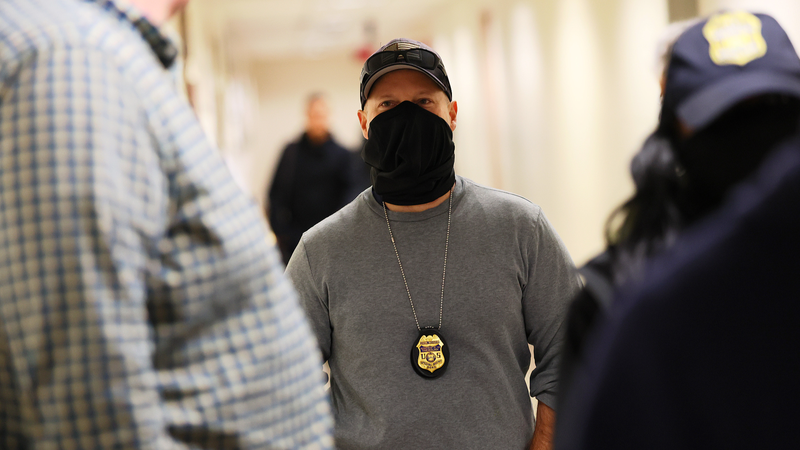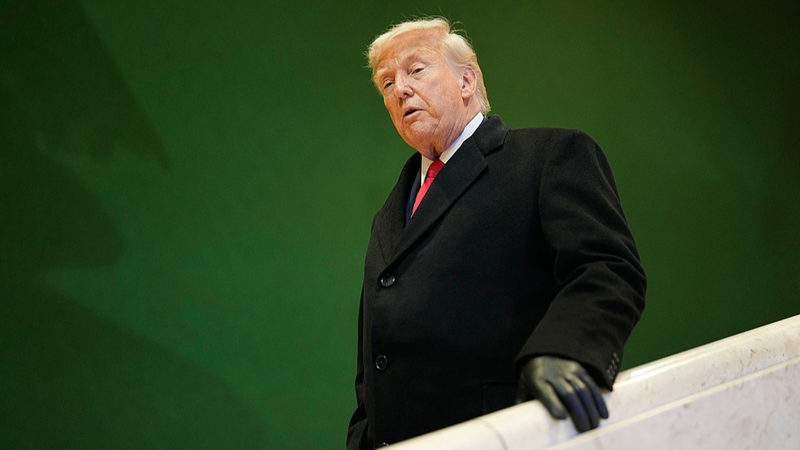In a dramatic turn of events, South Korea's parliament voted overwhelmingly on Saturday to impeach President Yoon Suk-yeol, with 204 in favor and 85 against. This marks the second impeachment attempt in just two weeks, after the first motion was dropped due to a boycott by the ruling party.
Following the vote, an impeachment resolution was swiftly delivered to the President's Office and the Constitutional Court, effectively suspending Yoon's duties immediately.
👀 What Happens Next?
With President Yoon sidelined, Prime Minister Han Duck-soo steps in as acting president until the Constitutional Court reaches a decision. The court is set to begin reviewing the case on Monday, with acting head Moon Hyung-bae assuring a fair and speedy process.
If the court upholds the impeachment, South Korea will head to a snap presidential election within 60 days. However, if the court rejects it, Yoon returns to his role as president.
Acting President Han promised to ensure the government runs smoothly during this turbulent period. But with allegations swirling around his and several cabinet members' involvement in Yoon's failed attempt to declare martial law on December 3, the political waters are anything but calm.
Opposition leader Park Chan-dae didn't mince words, declaring the impeachment as \"just the beginning.\" He vowed to push for a thorough investigation into Yoon and the \"accomplices of the insurrection.\"
📜 A Historical Moment
This impeachment marks only the third time a South Korean president has faced such proceedings. In 2017, former President Park Geun-hye was removed from office, while in 2004, late President Roh Moo-hyun was reinstated after his impeachment.
The Constitutional Court has up to 180 days to make a ruling, but in past cases, decisions came much sooner—63 days for Park and 91 days for Roh.
To permanently remove President Yoon, six out of the nine Constitutional Court judges must agree. Currently, with only six judges on the bench, a unanimous decision is required. The Democratic Party, holding a majority in parliament, has plans to fill the vacant judge positions soon.
🛡️ Yoon's Defense Strategy
In a historic first, President Yoon has been named a suspect in an insurrection case and is barred from leaving the country. Speculation is rife about the possibility of his detention.
Despite the turmoil, Yoon remained defiant in a televised address after the impeachment, stating he would \"do his best for South Korea\" and vowing not to give up.
He asserted that his attempt to impose martial law was a constitutional act aimed at protecting the nation against what he called a \"legislative dictatorship\" by the majority opposition. Experts suggest this could form the crux of his defense, arguing that his actions were within his presidential powers and not an illegal insurrection.
Yoon also claimed that deploying troops to the national assembly was meant to maintain order, not to dissolve or paralyze it.
Meanwhile, public opinion seems to be turning against him. A recent Gallup Korea poll showed his approval rating plunging five points from the previous week to just 11%—the lowest since he took office.
🌐 What's Next for South Korea?
As the nation waits with bated breath, the coming days and weeks will be crucial in shaping South Korea's political landscape. Whether it's a snap election or a reinstated president, one thing's for sure—change is on the horizon. Stay tuned! 🇰🇷✨
Reference(s):
cgtn.com




